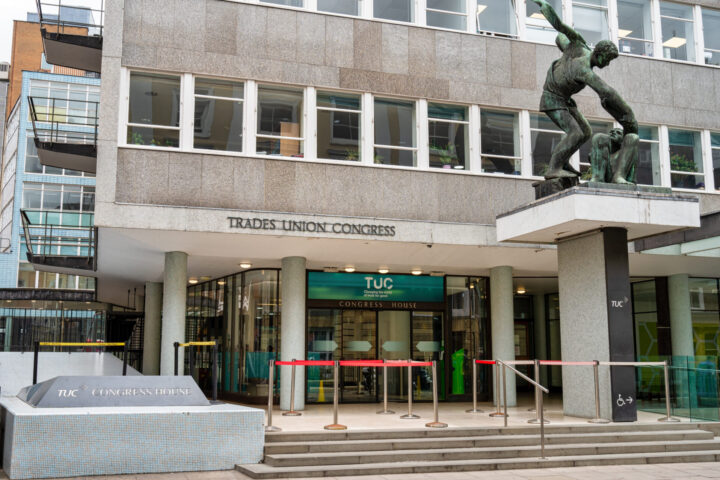The High Pay Centre (HPC) has urged members of the House of Lords to back and bolster the Employment Rights Bill, ahead of its second reading.
The centre set out three main recommendations for the bill, focusing on fair pay, better awareness of workplace rights and stronger union consultation rights.
HPC recommended that the planned negotiating body for new ‘Fair Pay Agreements’ in social care should be able to deal with both high pay-outs to owners and executives and the problem of low pay for social care workers.
HPC said the new employer requirement to inform workers of their trade union rights should also cover other key rights like minimum wage, sick pay or consultation, as many workers, especially in lower paid roles, were not aware of these.
HPC also said that if workers vote for union recognition, unions should get the right to be consulted on major business decisions that affect employees, pointing to the UK ranking 26th out of 28 European countries for worker participation.
HCP said: “We strongly welcome the Employment Rights Bill as a means of directly strengthening voice in the workplace for UK workers, as well as measures boosting job security that should empower workers indirectly.
“This will put workers in a much stronger position when negotiating their pay, leading to fairer pay outcomes, reduced inequality and enhanced pay for low- and middle-earners.
“In particular, the requirement for employers to inform workers of their right to join a trade union and the rights guaranteeing trade unions reasonable access to relevant workplaces are vital mechanisms for ensuring workers are able to make a free and informed decision over trade union membership.”
HPC added: “The positive relationship between trade union/collective bargaining coverage and higher wages is well documented by extensive research.
“Research has shown that diminished union strength in the UK was reducing wages by between 15% and 25% as of 2022, resulting in a wage loss of £100 a week for the average worker.
“An analysis by the US Treasury looking at studies of pay differences between union and non-union workers in similar occupations found evidence of a union pay premium of between 10 and 15%.”
It said: “Measures such as expanding collective bargaining coverage or improving worker awareness of their fundamental employment rights will also put workers in a better bargaining position by enhancing job security, giving them greater confidence to request pay increases.
“Civil servants’ assessment of the Bill’s impact recognise that the main economic consequence of the reforms will be to secure for workers a larger share of the wealth created by their labour, and that most of the ‘cost’ it imposes on business will represent higher pay for workers.”

















